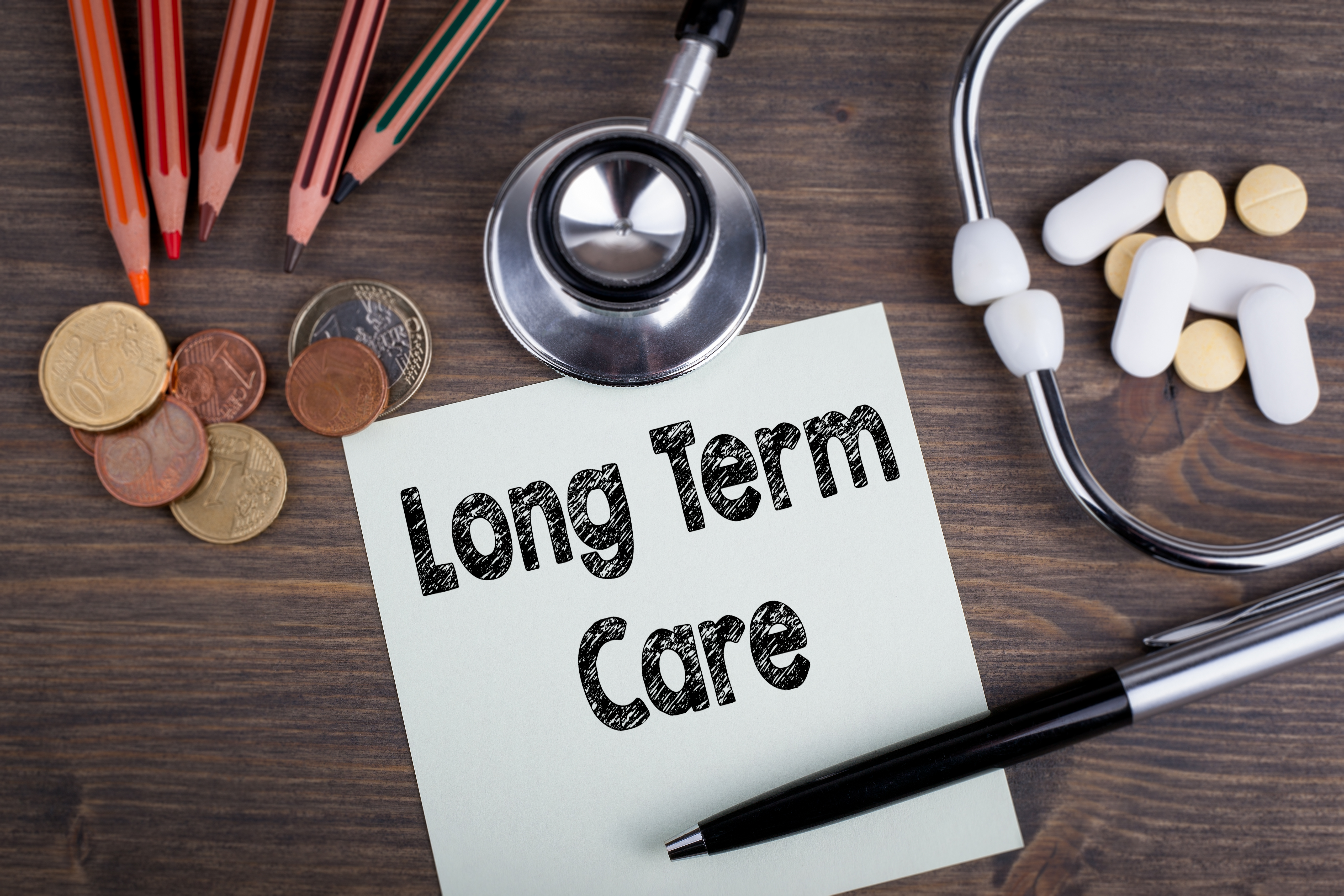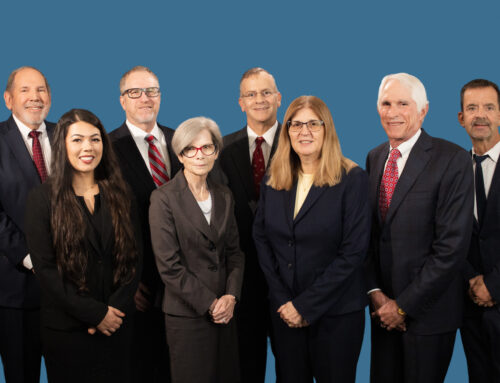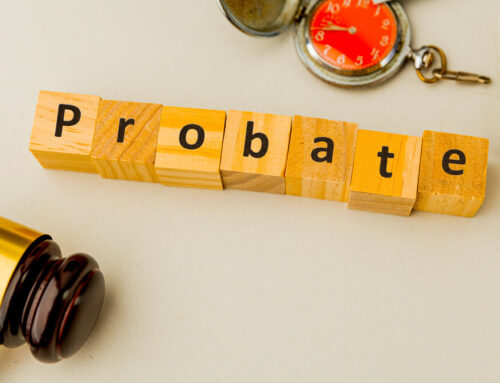There are currently over 25 million veterans alive in the United States. There are over 9 million surviving spouses of veterans currently living in the United States. Many of these veterans and surviving spouses are receiving long term care or will need some type of long term care in the near future, and there are funds available from the Veterans Administration (“VA”) to help pay for that care. Unfortunately, many of those who are eligible have no idea that any type of benefits exist for them or that an attorney can help them become eligible.
Benefits Available
There are three types of benefits available that provide a monthly cash payment to veterans who have long term health care needs. Below is an overview of the three benefits, and more detail will be provided on each benefit in the following paragraphs. The figures stated are for 2017.
Service Pension. The VA provides a monthly cash payment to wartime veterans who meet active duty and discharge requirements, who are either 65 or older or disabled, and who have limited income and assets. Service pension is also available to a surviving spouse of a wartime veteran. An unmarried veteran can receive up to $1,075 per month, a married veteran can receive up to $1,408 per month, and a surviving spouse can receive up to $721 per month (with additional payments available if dependent children are present in the home).
Pension with Housebound Allowance. A slightly higher monthly payment is available to wartime veterans (who meet the same service requirements as Service Pension) but who are confined to their home for medical reasons. An unmarried veteran can receive up to $1,314 per month, a married veteran can receive up to $1,647 per month, and a surviving spouse can receive up to $881 per month (with additional payments available if dependent children are present in the home).
Pension with Aid and Attendance. The highest monthly benefit is available when a wartime veteran or surviving spouse requires the assistance of another person to perform activities of daily living, is blind or nearly so, or is a patient in a nursing home. This benefit, often referred to simply as “Aid and Attendance” is the most widely known and talked-about benefit as it offers the highest possible monthly payment. An unmarried veteran can receive up to $1,794 per month, a married veteran can receive up to $2,127 per month, and a surviving spouse can receive up to $1,153 per month (with additional payments available if dependent children are present in the home).
Prerequisite for Benefits
Wartime Service. As noted above, a veteran must first meet certain service and discharge requirements before being considered for any type of pension benefit. A veteran must have served 90 days of active duty with at least one day beginning or ending during a period of war. After September 1, 1980, the active duty requirement increases to 180 days. In addition, the veteran must have been discharged under circumstances other than dishonorable.
Disability. To qualify for any type of pension benefit, a claimant must also be 65 or older or be permanently and totally disabled. A claimant is the individual filing for benefits – either a veteran or surviving spouse.
Permanent and total disability includes a claimant who is:
- In a nursing home;
- Determined disabled by the Social Security Administration;
- Unemployable and reasonably certain to continue so throughout life; or
- Suffering from a disability that makes it impossible for the average person to stay gainfully employed.
Asset and Income Requirements
The financial eligibility requirements of any pension benefit address a claimant’s net worth and income. For people who have heard about this program, there is a “general understanding” that a married veteran and spouse should have no more than $80,000 in countable assets (less for a single veteran or surviving spouse), which includes retirement assets but excludes a home and vehicle. However, the $80,000 limit is not a rule set by the VA; it is a guideline only. The VA looks at a claimant’s total net worth, life expectancy, income and medical expenses to determine whether the veteran or surviving spouse is entitled to special monthly pension benefits. In some instances, the claimant’s net worth should be less than the amount above.
Many times the most difficult task in this area is to reduce a claimant’s assets down to the applicable level (or what one hopes will be acceptable to the VA). The assistance of legal counsel is important to ensure the right strategies are used with minimal impact on Medicaid in the future.
A veteran or surviving spouse must have Income for VA Purposes (“IVAP”) that is less than the benefit for which he or she is applying. IVAP is calculated by taking a claimant’s gross income from all sources less countable medical expenses. Countable medical expenses are recurring out-of-pocket medical expenses that can be expected to continue throughout a claimant’s lifetime. If a claimant’s IVAP is equal to or greater than the annual benefit amount, the veteran or surviving spouse is not eligible for benefits.
Is the Claimant Housebound?
If a claimant qualifies for regular pension and is housebound, the claimant’s maximum allowable income increases (as does the annual benefit amount) to the special monthly pension. The VA defines housebound as being substantially confined to the home or immediate premises due to a disability that will likely remain throughout the claimant’s lifetime. A veteran with no dependents who is housebound is eligible for benefits of up to $15,773 in annual income.
Unreimbursed medical expenses will reduce a claimant’s income dollar for dollar after a small co-pay (5% of the annual pension amount) is met. But remember, to be eligible for a special monthly pension for being housebound, the claimant’s IVAP must be less than the annual income threshold.
Does the Claimant Require the Aid and Attendance of Another?
If a claimant can show, through medical evidence provided by a primary care physician or facility, that the claimant requires the aid and attendance of another person to perform activities of daily living, that veteran or surviving spouse may qualify for an additional special monthly pension commonly referred to as aid and attendance pension benefits.
The VA defines the need for aid and attendance as:
- Requiring the aid of another person to perform at least two activities of daily living, such as eating, bathing, dressing or undressing;
- Being blind or nearly blind; or
- Being a patient in a nursing home.
The VA pays this pension directly to the claimant regardless of where the claimant is living.
Qualification
As stated above, the VA looks at a claimant’s total net worth, life expectancy, and income and expenses to determine whether the claimant should qualify for special monthly pension benefits. Unlike Medicaid, at this time, there is no look-back period and no penalty for giving assets away. However, one must use caution when considering a gifting strategy to qualify a veteran or surviving spouse for special monthly pension benefits as this will cause a period of ineligibility for Medicaid which could be as long as five years. Other Medicaid planning strategies may apply when trying to qualify a veteran or surviving spouse for special pension with aid and attendance. The client’s advisors must work together to determine the best combination of strategies and financial products that will gain eligibility for special monthly pension but not disqualify the client from Medicaid.
The Application Process
While the application process for special monthly pension can be slow – some applications can take many months before the VA makes a decision – the benefit is retroactive to the month after application submission. Filing a Fully developed Claim which includes all the proper documentation in place at the time of application (for example, discharge papers, medical evidence, proof of medical expenses, death certificate, marriage certificate and a properly completed application) reduces the processing time. Since benefits are retroactive to the month after application submission, it is imperative for potential claimants to seek legal help immediately to become eligible and to apply as quickly as possible.
Conclusion
Time is of the essence for veterans or surviving spouses who may be eligible for pension benefits. It is imperative for those who work with veterans or surviving spouses of veterans to be aware of these benefits and to help potential claimants obtain legal help to qualify for pension benefits. If you know of someone who may be eligible, please give us a call.








Stay In Touch